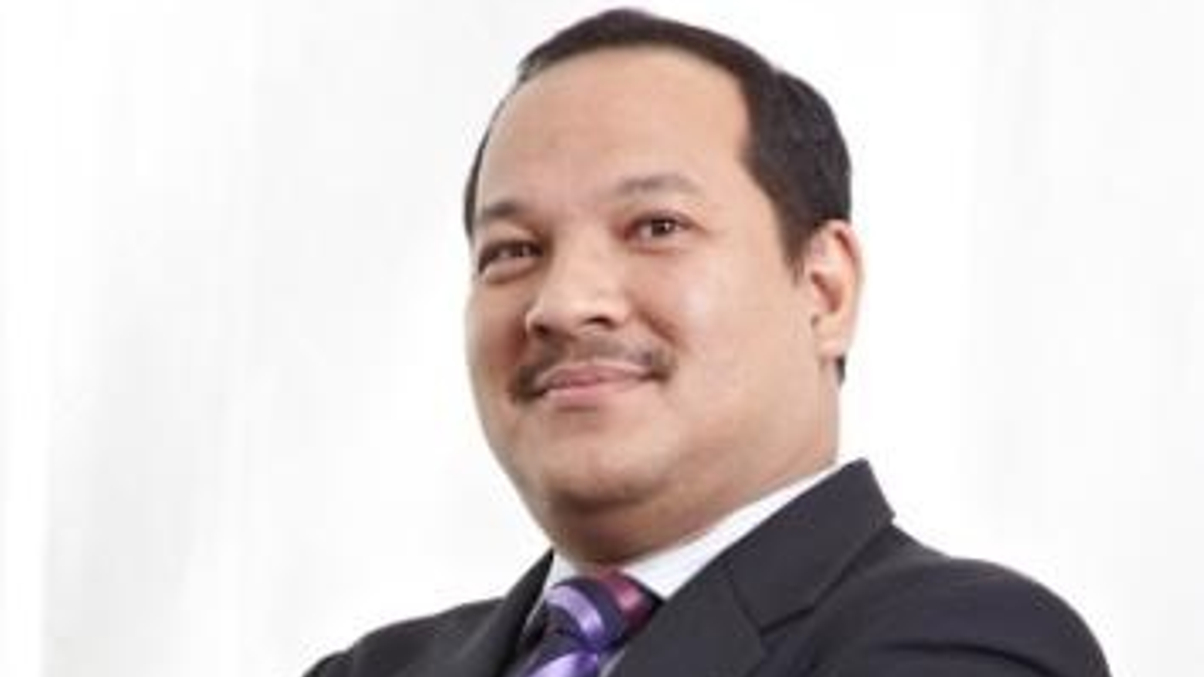KWAP, Sun Life question safety of bond investing
The Malaysian pension fund and the Canadian insurer's Philippine unit agree that Asian debt is a riskier investment than in the past. So what alternatives are they looking at, if any?

The central question put to one panel at AsianInvestor’s Southeast Asia institutional investment forum in Singapore yesterday was: is fixed income a safe asset class anymore?
Sign in to read on!
Registered users get 2 free articles in 30 days.
Subscribers have full unlimited access to AsianInvestor
Not signed up? New users get 2 free articles per month, plus a 7-day unlimited free trial.
¬ Haymarket Media Limited. All rights reserved.


